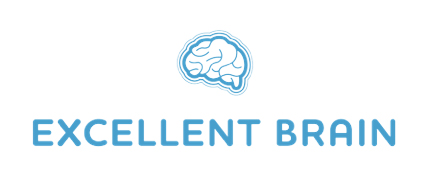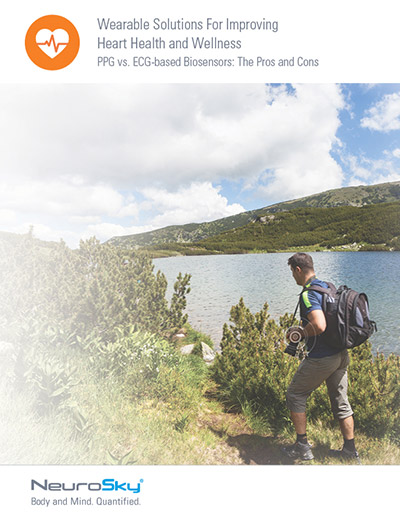Advancements in biosensor technology are revolutionizing the way people monitor their health. Today’s consumers are using apps with built-in wellness metrics on their phones and other handheld devices. According to a study conducted in June 2015 by the NYU Langone Medical Centre, more than 50% of all smart phone users in the United States have downloaded health-related apps on their device [1]. As the popularity of this type of health monitoring technology increases, successful developers need to ensure that their products are evolving to meet consumer demands and standards.
A Personal Physician in Your Pocket
Consumers are indicating that they’re willing to follow the medical advice provided by an app instead of scheduling a visit with a doctor. In fact, a recent study conducted for ITOnline indicates that 66% of respondents would use a mobile app to manage their health [2]. A deeper dive into this study reveals that 79% of respondents indicated they would be willing to manage their health through a wearable device [2]. Now that the FDA has encouraged the development and use of mobile apps to improve healthcare and provide healthcare professionals with valuable health information [3], you should only expect to see these numbers grow.
The Benefits of Biosensor Technology in the World of Mobile Health
When it comes to health, any physician will tell you that prevention is key. Of course, to prevent something from happening, the first thing you need to have is information, or data. With wearables or mobile devices that incorporate biosensor technology, users are able to collect a great deal of data over a long period of time, which has the potential to paint a much clearer picture of health than a single visit to the doctor’s office.
Consider, for example, that a visit to the doctor may cause anxiety in some. This anxiety may manifest itself in different ways, including an increased heart rate. This can make it difficult for a physician to get an accurate reading of your resting vitals (which, for some, may cause even more anxiety). Biosensor technology can alleviate this issues by collecting information over a longer period of time. With this information, a physician has the ability to quickly access and analyze data pertaining to a patient’s basic health, and address any issues that may arise.
NeuroSky’s Biosensor Technology Makes Monitoring Health Easier Than Ever
The CardioChip is at the heart of NeuroSky’s Biosensor Technology platform. The world’s smallest ECG chip, it contains an easy-to-use SDK that allows it to adapt to use in any wearable device. The CardioChip is also home to NeuroSky’s impressive assortment of insightful algorithms. These algorithms provide device users, as well as healthcare providers and physicians, with invaluable information related to:
- Heart rate
- Heart rate variability
- Heart age
- Stress
- And more!
NeuroSky’s biosensor technology can be seen at work in the LifeBeat personal health and activity tracker. This wearable device tracks a user’s heart rate variability (HRV) and provides users with relatable data pertaining to both their physical and emotional state. This information can be used to accurately identify and reduce stressors in both personal and professional environments.
With biosensor technology enabled by the NeuroSky ECG CardioChip, your wearable device will be positioned on the front lines of the mobile health revolution. To learn more about NeuroSky’s biometric technology and how it can benefit your next wearable or portable device, contact us today!
—
[1] – Krebs P, Duncan DT, Health App Use Among US Mobile Phone Owners: A National Survey, JMIR Mhealth Uhealth 2015;3(4):e101, http://mhealth.jmir.org/2015/4/e101, DOI: 10.2196/mhealth.4924, PMID: 26537656, PMCID: 4704953
[2] – http://www.itnonline.com/content/two-thirds-americans-favor-digital-persona…
[3] – http://www.fda.gov/MedicalDevices/DigitalHealth/MobileMedicalApplications/d…



